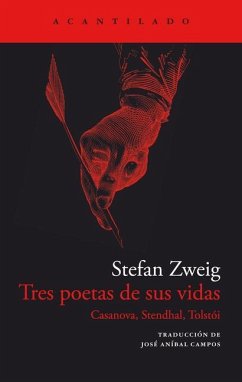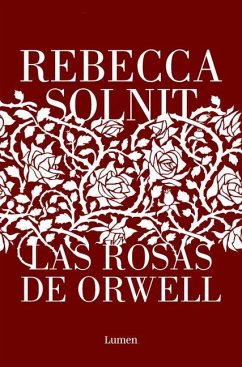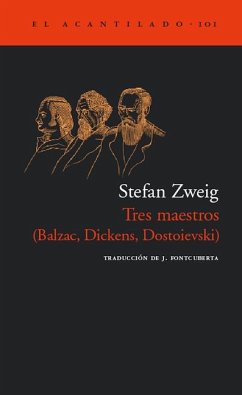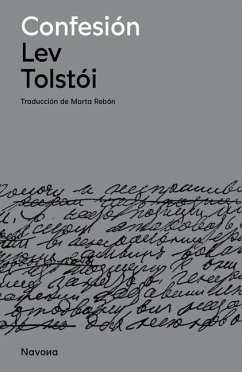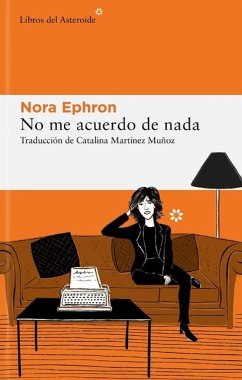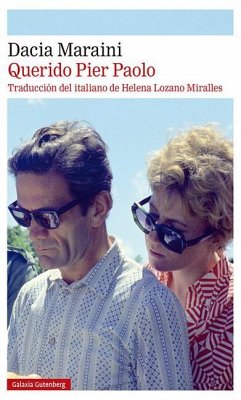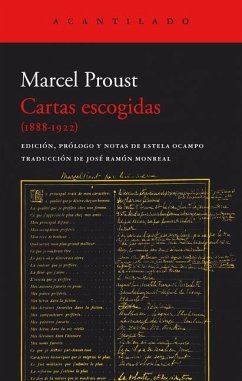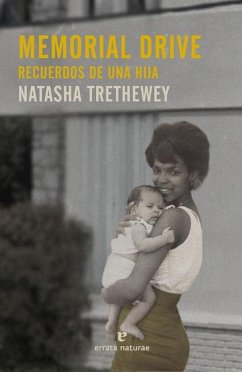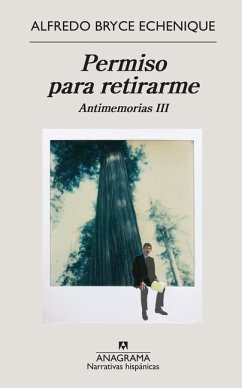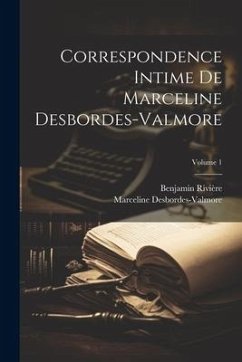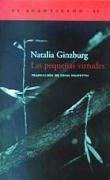
Pequeñas Virtudes, Las

PAYBACK Punkte
13 °P sammeln!
In this collection of her finest and best-known short essays, Natalia Ginzburg explores both the mundane details and inescapable catastrophes of personal life with the grace and wit that have assured her rightful place in the pantheon of classic mid-century authors. Whether she writes of the loss of a friend, Cesare Pavese; or what is inexpugnable of World War II; or the Abruzzi, where she and her first husband lived in forced residence under Fascist rule; or the importance of silence in our society; or her vocation as a writer; or even a pair of worn-out shoes, Ginzburg brings to her reflecti...
In this collection of her finest and best-known short essays, Natalia Ginzburg explores both the mundane details and inescapable catastrophes of personal life with the grace and wit that have assured her rightful place in the pantheon of classic mid-century authors. Whether she writes of the loss of a friend, Cesare Pavese; or what is inexpugnable of World War II; or the Abruzzi, where she and her first husband lived in forced residence under Fascist rule; or the importance of silence in our society; or her vocation as a writer; or even a pair of worn-out shoes, Ginzburg brings to her reflections the wisdom of a survivor and the spare, wry, and poetically resonant style her readers have come to recognize.




